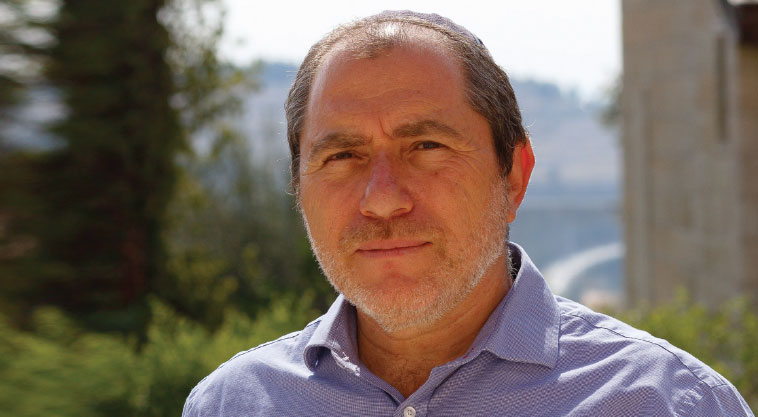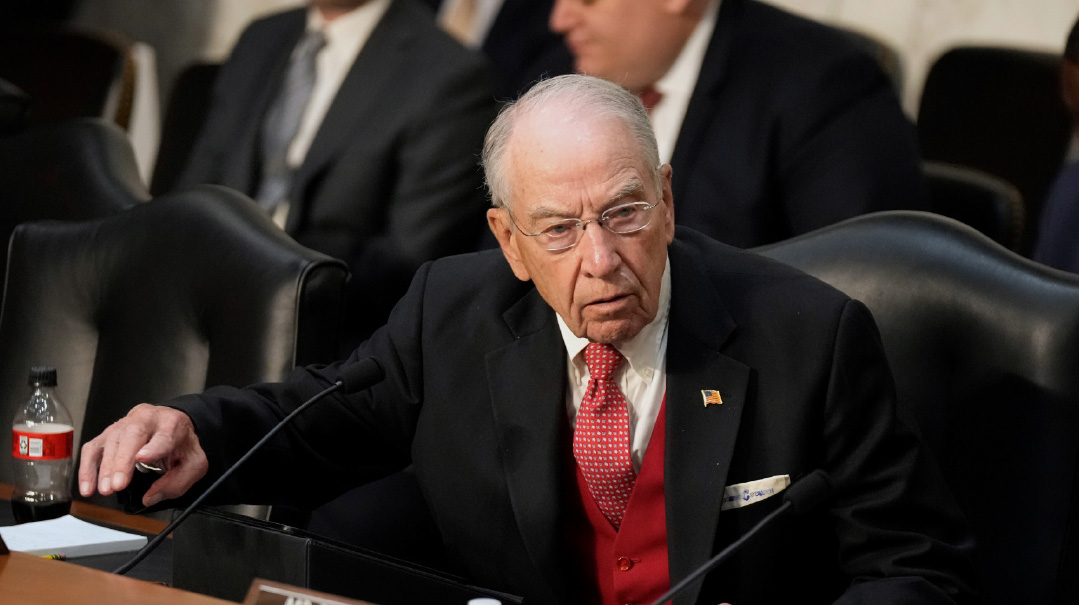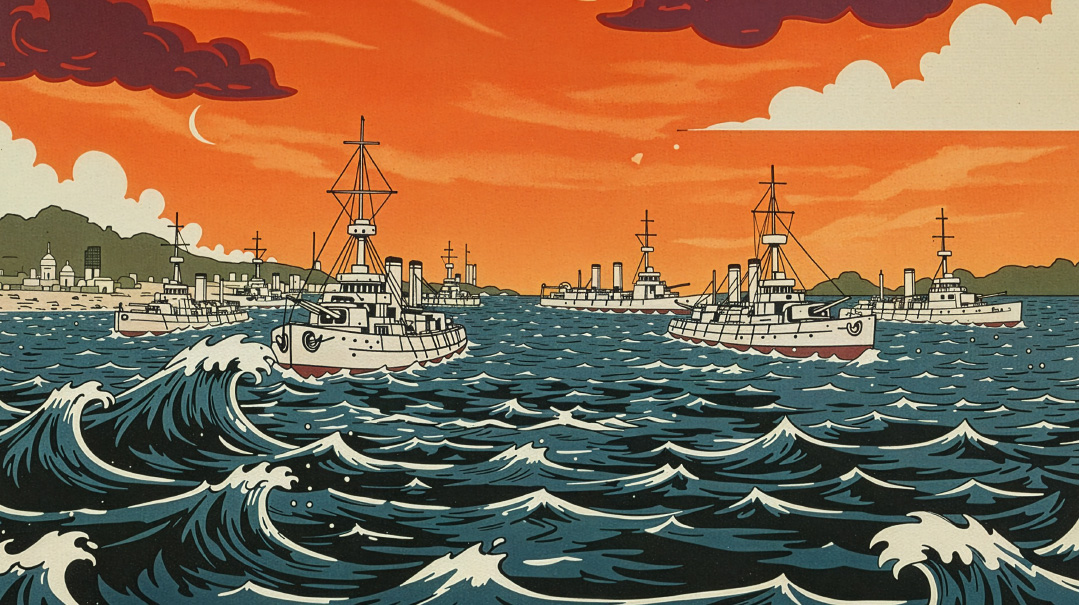The Flak Jacket of Jerusalem


Photos: Menachem Kalish
“We had a pretty rough week.”
That was the understated way Chaim Silberstein described the period beginning Motzaei Shabbos, December 9, after terrorists opened fire on his 21-year-old daughter Shira at the Ofra junction about 12 miles north of Jerusalem.
Shira suffered serious wounds. Four days later, she also lost her newborn son, delivered prematurely shortly after the shooting in an effort to save his life — and hers. Shira’s husband, Amichai, and four others were also wounded in the terror attack.
“Both [Shira and Amichai] are improving a lot,” said Chaim during a telephone interview Sunday. “Shira is out of danger — that’s the most important thing — but she still has medical issues, some of which are complicated.”
At press time on Monday, Shira — who spoke briefly to the media on Sunday night at Shaare Zedek Hospital — was undergoing surgery. She is expected to remain in the hospital for another week before undergoing a lengthy rehabilitation.
Chaim Silberstein and his wife Liora are Beit El residents and will be celebrating their 26th wedding anniversary in a week. Twice in recent years, Mishpacha has profiled Chaim: once for his work redeeming Jewish-owned properties in Jerusalem that fell into Arab hands over the past century; and more recently for his latest project to influence public opinion to keep Jerusalem united and to foster Jewish population growth in the capital city. In our conversation, he shared some personal details about his daughter and son-in-law.
Shira and her twin brother Ariel are the eldest of the Silbersteins’ seven children.
“They both got married nine months ago, within three weeks of each other,” Chaim said.
Shira married Amichai Ishran, 23, whose family hails from Jerusalem’s Pisgat Ze’ev neighborhood. Amichai and Shira now live in Elon Moreh, where he is finishing up his five years at a hesder yeshivah, combining IDF service and Torah study. He served in the Golani Brigade, one of the IDF’s elite combat units.
Shira studied at Ulpanat Raaya in Beit El and served in Sherut Leumi for two years, first as a guide at the Ammunition Hill Museum, a facility dedicated to the memory of the 183 soldiers killed in the battle to reunify Jerusalem in the 1967 Six Day War; and then as a madrichah at Midreshet Harova in the Old City.
“She is very much of a people person,” Chaim said. “The staff at the museum was so happy with her work, they continued to employ her even after she left, and she still gives guided tours to groups of VIPs and soldiers.”
Shira is currently a first-year student at Michlelet Orot in Elkana, where she is taking a double major in counseling at-risk youth and teaching English.
“Like both sets of parents, Shira and Amichai are very idealistic,” Chaim said. “They want to live a life of Torah and mitzvos and settle the land of Israel.”
Both are drawing on their reservoirs of idealism to recuperate and battle the grief of having lost their first child after four short days. Shira only saw her baby once.
“He wasn’t showing many signs of life, and she just said hello and goodbye to him through her tears. They named him Amiad, and she said she would show them [our enemies] that Am Yisrael Chai by bringing lots of babies into the world.”
Chaim thanks Am Yisrael for the groundswell of support that poured in from all four corners of the world.
“It has been overwhelming,” Chaim said. “We have tremendous hakaras hatov for all of the tefillos and to HaKadosh Baruch Hu for the unbelievable neis that both of them were saved.”
Needless to say, it’s been a trying period for Chaim and his wife Liora.
“My wife is dealing with this very well,” Chaim said. “She’s strong. It doesn’t mean we don’t need and appreciate all the support we’re getting. We do, and we accept it with love, even though we don’t have a vessel large enough to receive all the support and love we’ve received from all the people around the world, and we also want to express our support and share our tefillos for other Jews around the world who need rachamei Shamayim.”
Chaim also hopes that publicizing his family’s plight will force the government to tighten security and to shake the shackles of restraint that hampers its choices. “We have to instill fear in them and be preemptive, and do what will best prevent terror, and not be afraid of the media or international politicians who would like to dictate the terms and set limits on us.”
There has also been some articles in the domestic press from extreme-left pundits who say they have little or no sympathy for the “settlers.”
Chaim has a message for them too.
“We are doing the best we can to carry out the mitzvah of yishuv ha’aretz, which, according to the Ramban, is a d’Oraisa even in this era,” Silberstein said. “We understand that we are the flak jacket for Jerusalem, Tel Aviv, and the rest of the country. If we weren’t where we are, settling and protecting the land, the terrorists would chas v’shalom be in Meah Shearim and Bnei Brak.”
(Originally featured in Mishpacha, Issue 740)
Oops! We could not locate your form.













